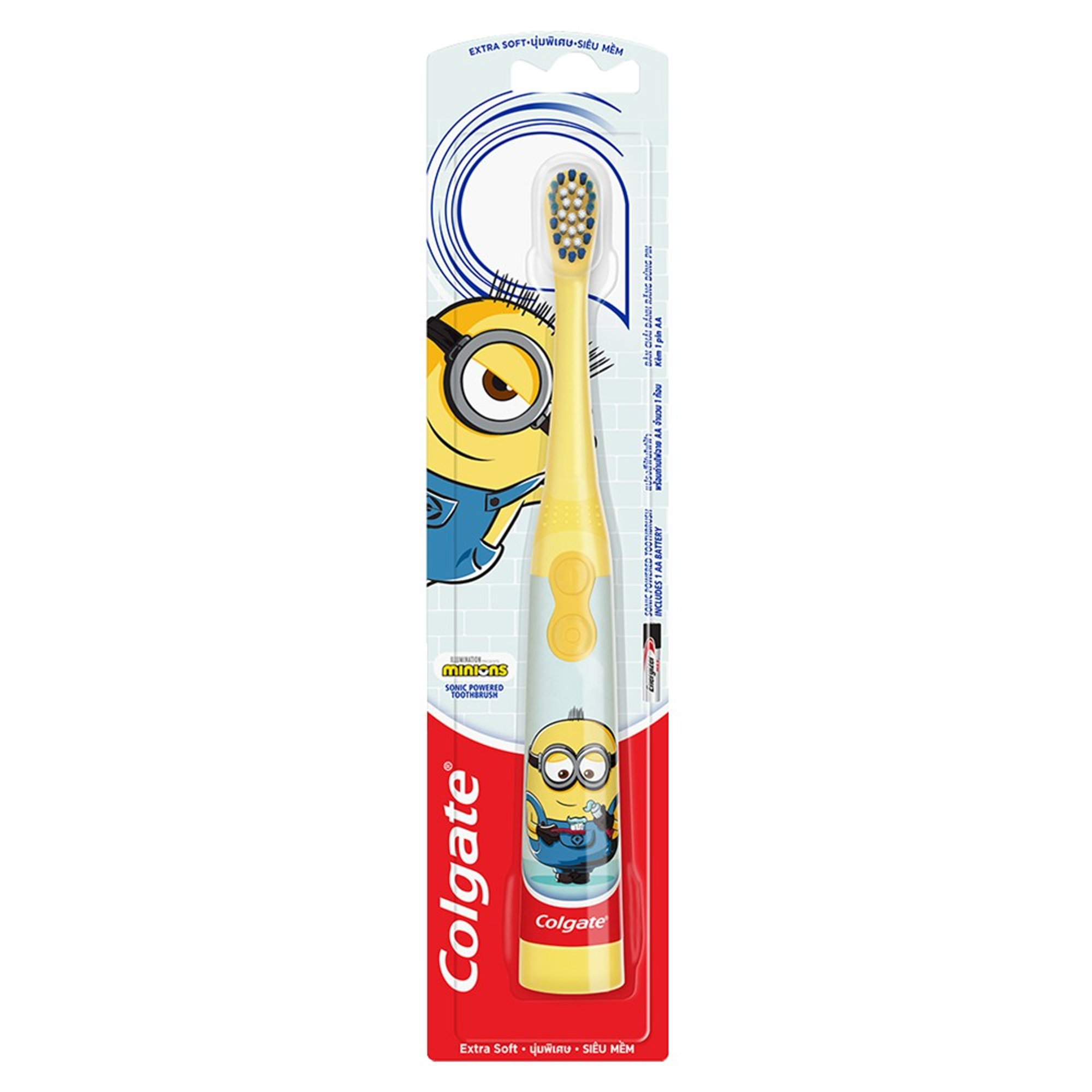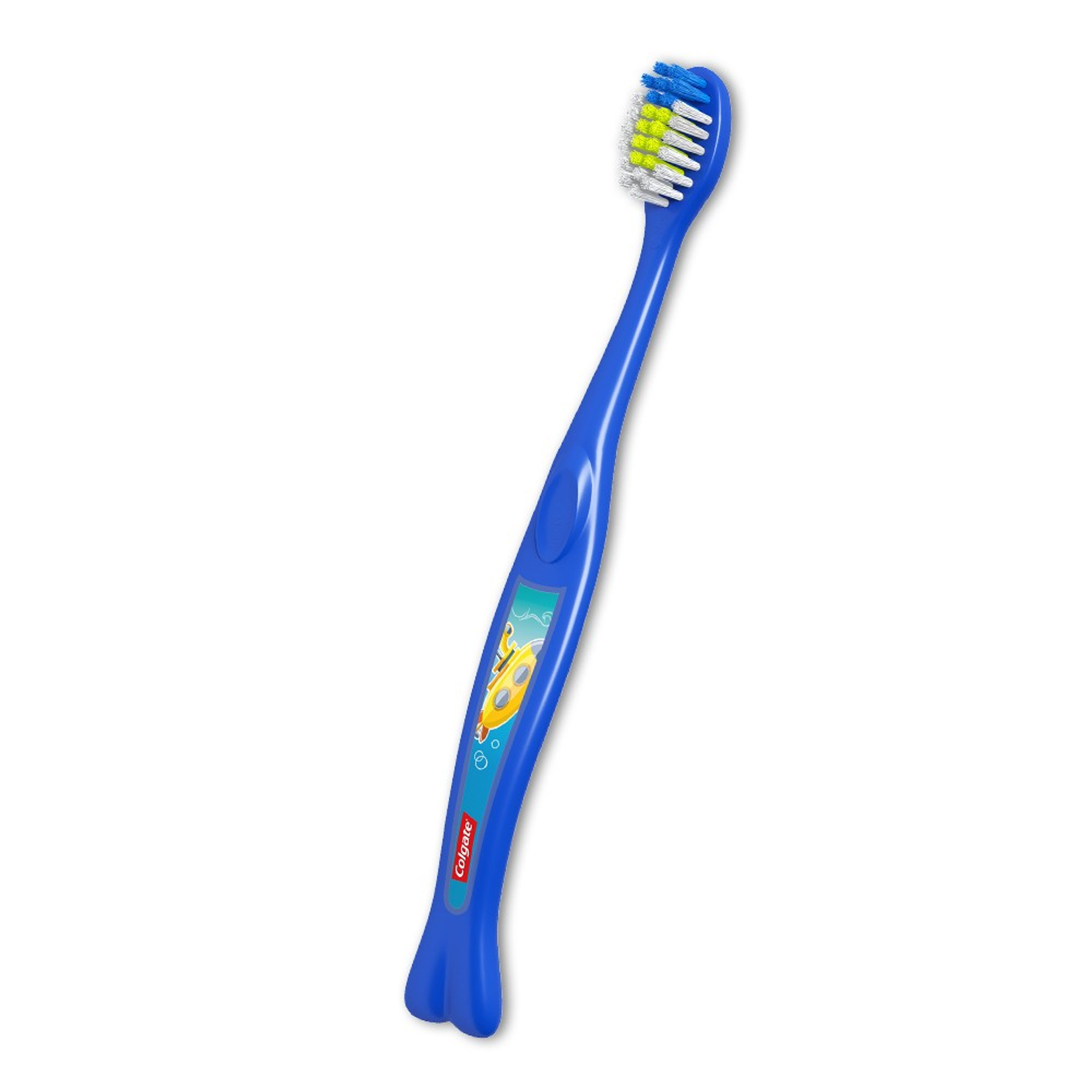What Does Dry Throat Mean?
A dry throat is a common, temporary experience many people have from time to time. It's usually harmless, causing momentary hoarseness and mild difficulty in swallowing. The throat is asking for a comforting drink to ease its raspy sensation. Once soothed with some water or other liquid, the throat returns to feeling smooth and comfortable again.
So a dry throat serves as a helpful signal that the throat tissues are briefly drier than normal - nothing more alarming than that. Paying attention to that signal and responding with fluids is generally all that is needed to find quick relief.
What Causes Dry Throat?
Various factors can cause a dry, irritated throat. While occasional scratchiness is normal and resolves with fluids, persistent dryness may necessitate identifying triggers for prevention. Determining the source of throat dryness through awareness of lifestyle habits, environments, and health issues can help zero in on changes and solutions to pursue. Common causes leading to temporary as well as chronic dry throat include dehydration, allergies, and the common cold.
Dehydration
Your body's numerous salivary glands rely on a steady water supply to function optimally. Dehydration can reduce saliva production, causing a dry throat and mouth. Remedies include increasing water intake, chewing sugar-free gum, or consuming dairy products.
Saliva plays a crucial role in lubricating the throat and mouth, making it essential to ensure the body produces an adequate amount to prevent dryness of throat. If dehydration is the problem, an effective at-home remedy for a dry throat could be as simple as increasing water intake. To stimulate saliva production, consider chewing sugar-free gum or consuming dairy products.
Helpful tip: According to Penn Medicine, there's no universally prescribed amount of water to drink. A useful guideline is to aim for around half an ounce per pound of body weight on an average day. For instance, a person weighing 200 pounds should consume approximately 100 ounces of water daily. If you reside in a hot climate or engage in strenuous activities, the water intake needs may be higher.
Allergies
Hay fever (allergic rhinitis) occurs when the body overreacts to certain airborne particles, like pollen, dander, and dust. This reaction inflames the nasal passages and increases mucus production, leading to symptoms like sneezing, runny or blocked nose, itchy eyes, and sometimes, a dry throat. Congestion in the nose may make you breathe through your mouth, which can further dry out the throat. Additionally, the extra mucus can drip down the back of the throat, called postnasal drip, causing soreness and irritation.
If you are experiencing hay fever, the symptoms may include:
Dry throat
Cough
Congested or runny nose
Itchiness
Tiredness
Hay fever management can be challenging, but there are simple steps to avoid and alleviate symptoms. Tips include using medications, opting for air conditioning, protecting your eyes, and maintaining a clean environment.
Medications: Both prescription and over-the-counter options are available to reduce some of the most annoying symptoms, like runny nose and dry throat. These options include antihistamines, decongestants, and other widely available options.
Air Conditioning: Avoid fans that can blow particles around in favour of air conditioning that can help remove them from the air.
Protect your eyes: Wear sunglasses to block particles from entering the eyes, and try not to rub the eyes to avoid aggravating them.
Keep a clean environment: Regular removal of potential irritants or allergens will help prevent episodes or reduce the symptoms.
The Common Cold
The common cold, as its name implies, is exceedingly common. According to information from the University of Rochester Medical Center, this ailment prompts more individuals to seek medical attention and take time off work than any other.
Symptoms of the common cold may include:
Throat mucus
Itchy throat
Congested or runny nose
Fever
Soreness or fatigue
Although a cure for the common cold remains elusive, there are many steps you can take to reduce its symptoms:
Stay hydrated and get ample rest
Use over-the-counter medications as instructed on the packaging, such as decongestants, cough medicine, antihistamines, or pain relievers
Gargle with a mixture of salt dissolved in warm water
Did you know: Contrary to what you may have heard from friends and relatives, the common cold is not caused by exposure to cold or wetness; instead, it is triggered by over 200 different viruses, all of which produce similar symptoms.
Dry Throat Symptoms
A dry, scratchy throat is a common issue with various causes. Symptoms range from minor irritation to severe problems with swallowing and voice changes that may require medical attention.
Scratchiness: The most common symptom, is a rough, sandpaper-like feeling in the throat.
Burnin: A burning or raw sensation, especially when swallowing, is often caused by throat dryness.
Tenderness: The throat may feel sensitive to touch or swallowing.
Dryness: It makes feel like there is not enough saliva to keep the throat moist.
Itching: A dry throat can feel itchy, leading to a cough or constant need to clear the throat.
Difficulty swallowing: Dryness of throat makes swallowing uncomfortable, sometimes leading to pain.
Cough: A dry cough is a common attempt to clear the throat and relieve the scratchy feeling.
Bad breath: Reduced saliva production can lead to bad breath due to bacterial build-up.
Hoarseness: A vocal cord irritation, resulting in a hoarse voice with a raspy or airy quality that hampers smooth vocal sounds.
Home Remedies For Dry Throat
Looking for a natural dry throat remedy? There are several accessible, easy home remedies that bring relief. From staying hydrated and gargling saltwater to using humidifiers and medicated lozenges.
Here are some of the most effective home remedies for dry throat:
Stay hydrated: Drinking fluids keeps membranes lubricated and helps thin mucus. Water, herbal tea, broth, and non-caffeinated drinks are best.
Use a humidifier: Humidifying the air prevents moisture loss and soothes irritated airways and throat tissue.
Gargle with salt water: Gargling with a warm saltwater solution reduces swelling and loosens mucus.
Enjoy throat lozenges: Soothing lozenges or hard candies coat the throat to provide relief and moisture. Choose menthol, mint, or honey-lemon flavours.
Sip warm liquids: Drinks including lemon tea, honeyed tea, broth, or warm water with cinnamon and honey can be very comforting.
Suck on frozen fruit: Suck on frozen fruit like pineapple, mango or berries numbs and hydrates.
Try honey or licorice root: Honey is naturally antimicrobial/anti-inflammatory and licorice root specifically soothes sore throats.
Waking Up With Dry Throat
If you go to bed feeling fine but wake up with a bothersome dry throat, you might be breathing through the mouth while sleeping. This can be caused by a congested nose or throat, back sleeping, or another medical condition. You may also have a dry throat in the morning if you are experiencing sleep apnea, a condition that disrupts breathing and sleep. Sleep apnea is a serious condition that can cause other health problems, so speaking with a medical professional is a great idea.
To prevent waking up with an annoying dry throat, it is a good idea to drink a glass of water before bed to help prevent dehydration, avoid sleeping on your back if possible, and take steps to unclog the nose, so you do not breathe out of the mouth.
When To See A Dental Professional?
Usually, a dry throat will improve within a week using home remedies. But if the dry throat lasts more than a week or gets worse, you should seek medical attention to determine the cause to get a treatment plan to relieve the throat dryness. Do not wait to get help if the symptoms are significantly impacting your daily functioning or quality of life.
You should see a dental professional right away if you have severe dry throat symptoms such as
Extreme pain or trouble swallowing
Shortness of breath or wheezing
High fever
Rash or mouth sores
Chest pain
Extreme fatigue during the day
Determining and treating the underlying cause is key for addressing dry throat. Medical professionals can assist with expert diagnosis and treatment. Now equipped with knowledge about the top causes, you're prepared to manage symptoms effectively.














